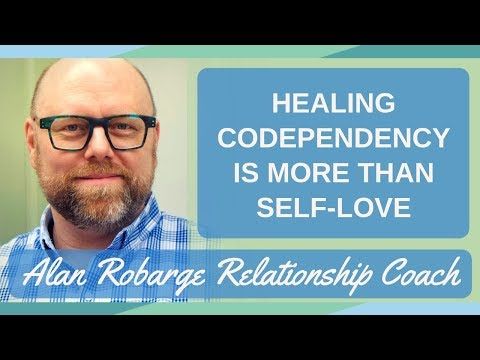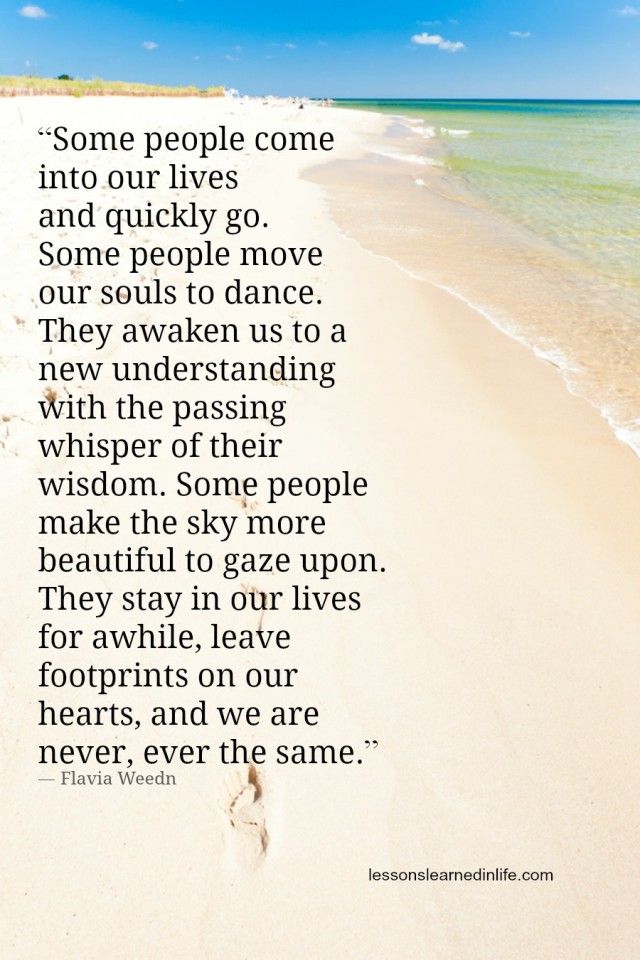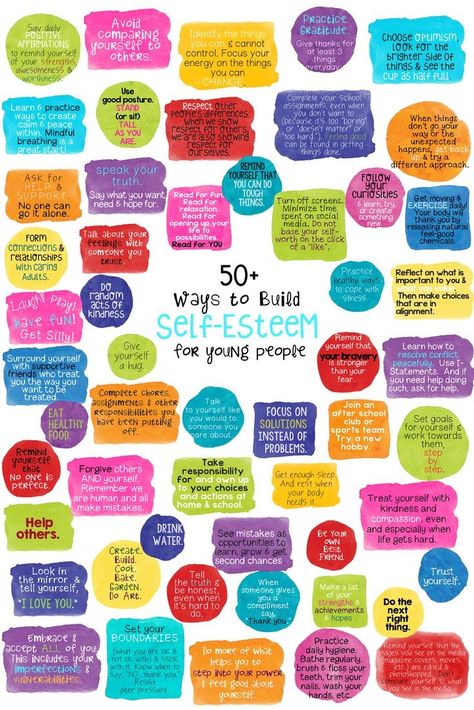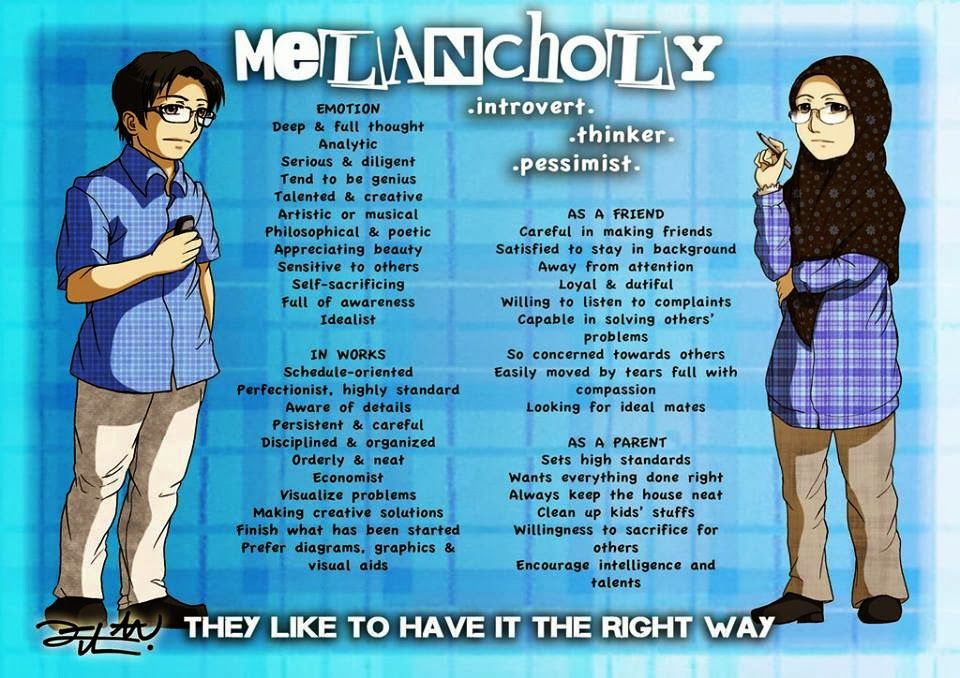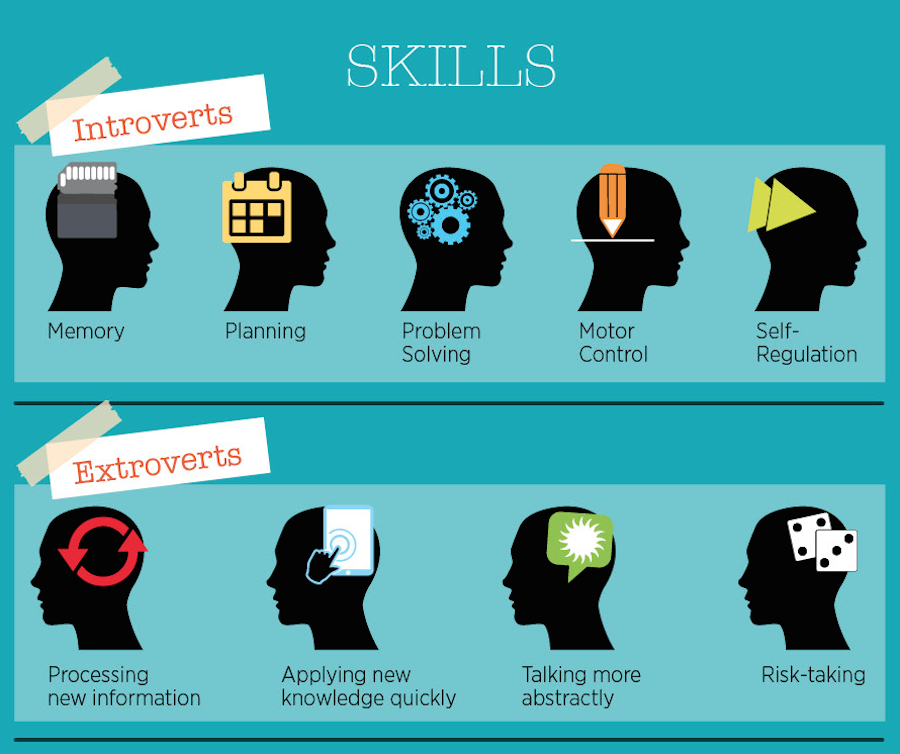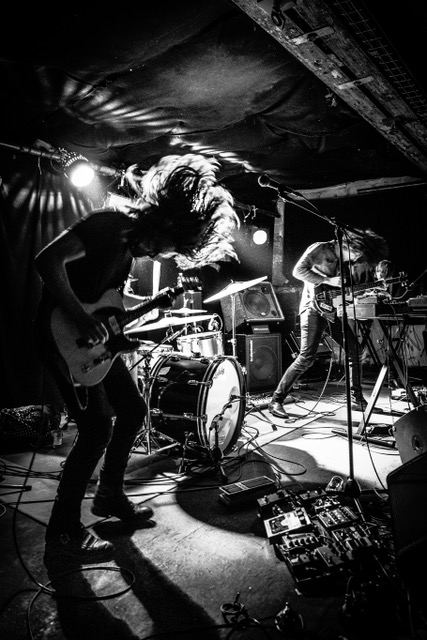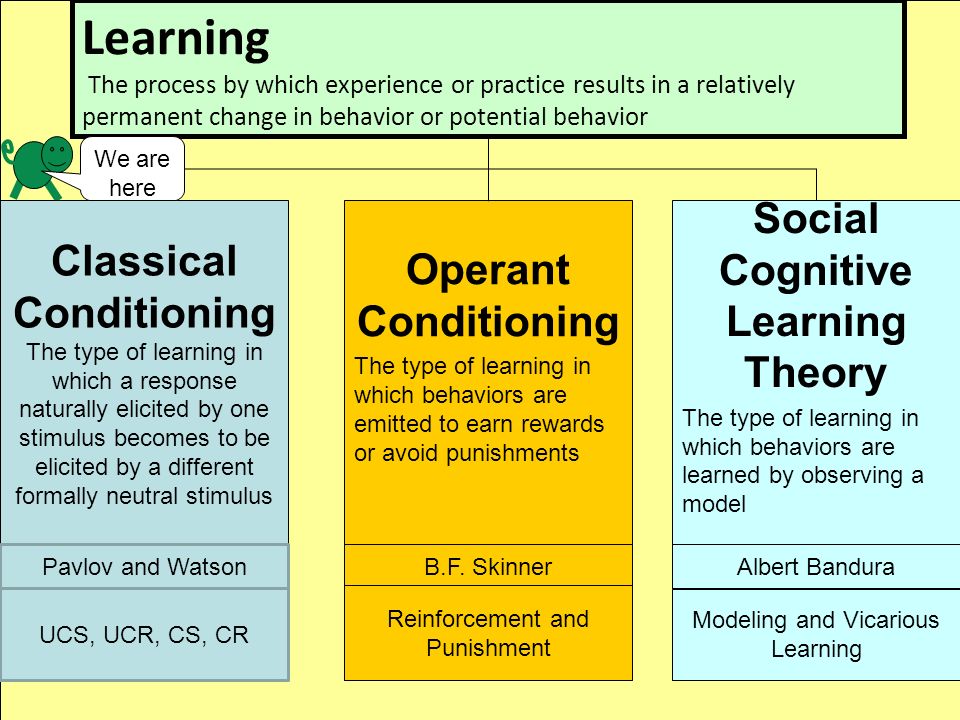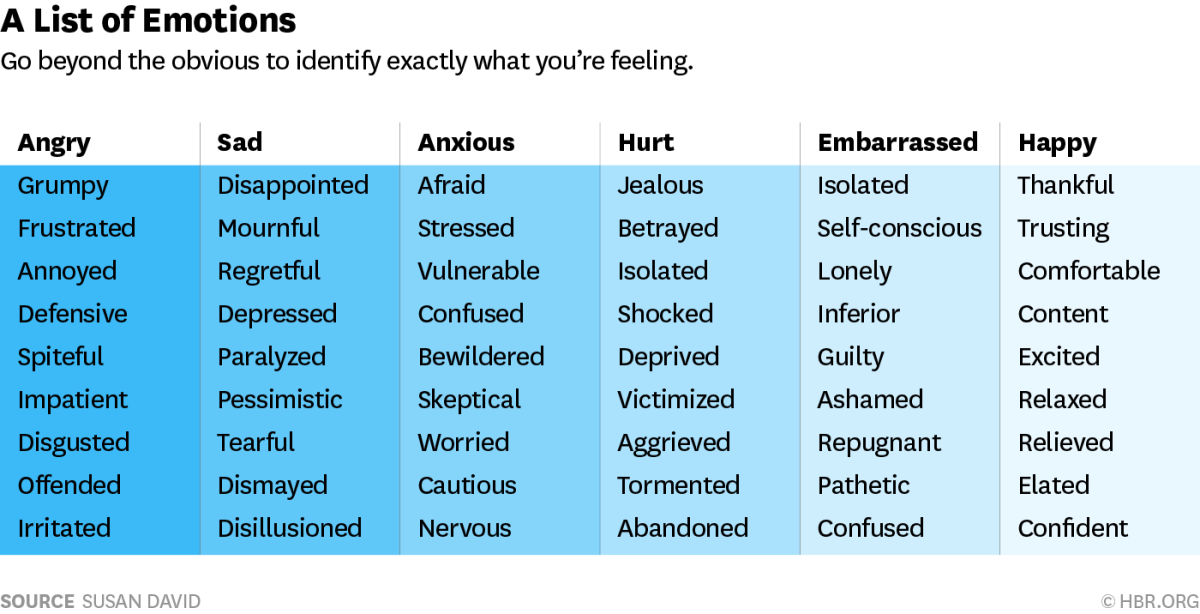Love addiction and codependency
Love or Codependency - How to Tell
Love or Codependency: How to Tell the Difference?
All around you, you hear the words “true love” and “soul mate” thrown around. There’s a common belief that you can only be truly happy if you find the right person to complete you, that love is a powerful drug you can’t escape. But is an intense, all-consuming relationship truly love or is it something else? You may have heard the word codependency but don’t know what it means. How can you tell if your relationship is healthy or you’ve got what is sometimes called love addiction?
What is Codependency?
The Diagnostic and Statistical Manual of Mental Disorders (DSM) is an authoritative guide that healthcare professionals use to diagnose mental illness. But the DSM does not recognize codependency as a distinct personality disorder. The term codependency originated from drug and alcohol addiction, and it has various, sometimes vague definitions.
The simplest explanation is that codependency is seeking love based on feelings of insecurity or inadequacy. A codependent person looks to their partner to repair their self-esteem, alleviate their pain, and complete their inner emptiness. What ends up happening is that the partner cannot be the person they are. Instead, they are forced to fulfill a role the codependent person has chosen for them, i.e., to provide unconditional love and security. Yet, there is never enough love. The codependent person keeps working to try and please their partner to ensure they get the love they crave. It becomes a self-perpetuating habit with obsessive thoughts and compulsive behaviors. That’s why codependency is also sometimes called relationship addiction or love addiction.
Stages of Love Addiction
The early stage of love addiction is very similar to any romantic relationship, but there is an unusual amount of attention on the partner and a burning desire to please him or her. This gradually progresses into an obsession where the codependent person begins to rationalize problematic behavior in their partner. Healthy boundaries begin to get blurred. The codependent person may withdraw from friends and give up previously enjoyed activities to focus on their partner.
Healthy boundaries begin to get blurred. The codependent person may withdraw from friends and give up previously enjoyed activities to focus on their partner.
The middle stage of codependency is characterized by increasing efforts to overlook problematic aspects of the relationship. There are growing feelings of anxiety, self-blame, and guilt in the codependent person. Self-esteem starts to plummet and the person begins making compromises to maintain the relationship. All this while, resentment, anger, and disappointment grow as the love addicted person tries to (unsuccessfully) change their partner with manipulation, nagging, and blaming. During this stage, a codependent person may use addictive substances or behaviors to cope.
In the late stage of codependency, the emotions begin to take a toll on physical health. Codependent people can suffer from a variety of stress-related disorders, such as headaches, sleep problems, digestive issues, eating disorders, sciatica, allergies, and TMJ.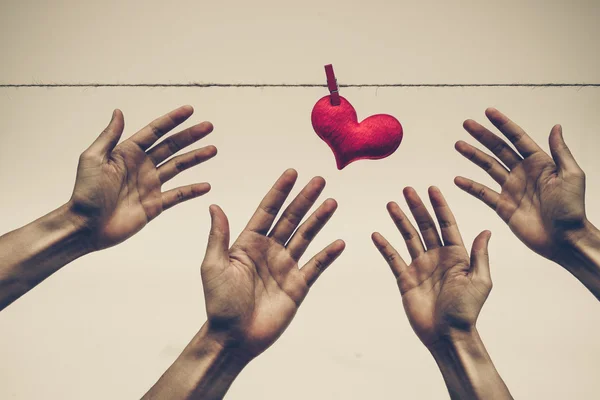 Addictions and obsessive-compulsive behaviors take a stronger hold. Feelings of anger, despair, and hopelessness grow.
Addictions and obsessive-compulsive behaviors take a stronger hold. Feelings of anger, despair, and hopelessness grow.
Key Differences Between Love and Codependency
How can you tell the difference between healthy love and codependency? Most people experience a surge of emotions when they first fall in love with someone. However, in healthy relationships, this initial euphoria settles down into more of calm content.
With love addiction, the relationship is rooted in feelings of insecurity and low self-esteem. The result is that a codependent person loses a sense of themselves and focuses completely on the needs of their partner.
Love Addiction Can Be Destructive
You might argue that a certain amount of codependency is healthy. After all, isn’t being in love all about putting your partner first? And isn’t the whole point of being in a relationship knowing you have someone by your side? So what if you’re not completely independent anymore?
The destructiveness of love addiction begins when there are elements of lack of self-esteem and fear of rejection.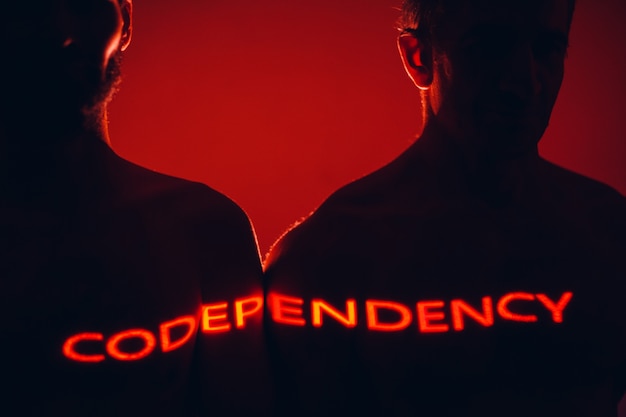 In a healthy relationship, there is self-assurance and trust. You revel in your partner’s love but there is not a need to feel accepted or loved all the time.
In a healthy relationship, there is self-assurance and trust. You revel in your partner’s love but there is not a need to feel accepted or loved all the time.
It’s important to note that relationships are not black and white. People in codependent relationships do experience some benefits, but these benefits are usually short-lived and overtaken by feelings of insecurity.
Strategies to Overcome Codependency
If you suspect you are in a codependent relationship, there are steps you can take to break the unhealthy cycle.
Don’t be a people pleaser. Understand that you cannot please everyone all the time. It’s okay for your partner to be disappointed or upset with you occasionally. Don’t feel guilty if you can’t always be there for your loved one. Put yourself first sometimes.
Own your happiness. Your happiness shouldn’t depend on whether your partner is happy or not. Arguments are healthy in a relationship. When you disagree, walk away first. Let the dust settle and then discuss the problem rationally.
Let the dust settle and then discuss the problem rationally.
Love yourself first. The biggest issue with codependency is focusing too much on your partner. Yet, you cannot be a good partner to your loved one if you don’t love yourself first. Spend time with family and friends, adopt a hobby, embrace yourself. Don’t make your partner the center of your universe.
Beware of abusive behavior. People with love addiction often put up with all kinds of unhealthy behaviors, such as cheating or physical or verbal abuse by their partner. Codependent individuals convince themselves they can change their partner. It’s important to know you can walk away or get support if you are in an abusive relationship.
Get professional help. A therapist can help you understand your relationship and navigate your way out of codependency. There is no shame in seeking help. Don’t let a real or perceived stigma against therapy destroy your relationship.
Codependency is not true love. It is a love addiction that can destroy your relationship and destroy you as a person. By becoming aware of the pitfalls of codependency, you’ve already taken the first step towards a healthy relationship with your partner. Now all you have to do is get the help you need if you recognize love addiction in your relationship.
Love Addiction: The Stages of Codependency
Don’t know where your needs end and your partner’s needs begin? Learn the phases of codependency to see if it’s time to focus on your sense of self.
It’s common to want our romantic partners to feel loved and appreciated. When you’re in love, it’s natural to want to spend time with your partner and make sure you’re meeting their needs.
But when these ideas are taken to an extreme, it can be unhealthy for both of you. It might feel like a compulsion to prioritize your partner — or an addiction to love.
When you become codependent on a loved one, you might lose a sense of your own needs and emotions.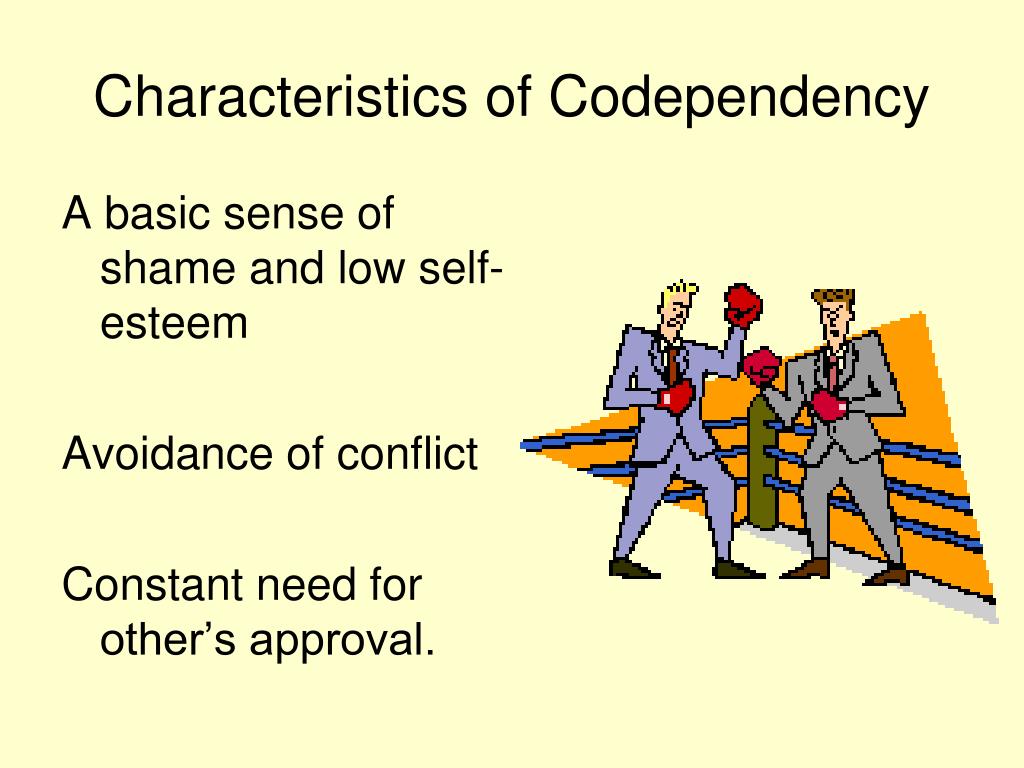 In turn, your partner often begins to rely more heavily on you.
In turn, your partner often begins to rely more heavily on you.
In a healthy relationship, the ability to enjoy some “me time“ can be as valuable as your experiences together. In a codependent relationship, though, partners often only have shared friends and hobbies.
By learning the signs and stages of a codependent relationship, you can identify if you might need to break a codependent pattern. The most important thing to know is that you can break the cycle of codependency.
A codependent relationship often begins with one person putting their partner’s needs above all else — including their own needs, interests, and independence. This behavior in a relationship is called codependency.
While striving to meet their partner’s needs with a sense of desperation, the partner who exhibits codependent behaviors often depends on their loved one to the extent that it can feel like a love addiction.
The codependent partner’s moods commonly depend on their partner’s moods — not their own. They may also take up their partner’s hobbies or only hang out with joint friends.
They may also take up their partner’s hobbies or only hang out with joint friends.
Overall, codependency often feels like losing your sense of self. This leads to an unbalanced, unhealthy, and enmeshed relationship.
The other half of the partnership may tend to hold more sway over the codependent partner. The attention lavished on them can bring on a desire to control their mate by maintaining the upper hand. This lopsided all-give versus all-take dynamic often results in the attraction between people who exhibit codependent qualities and people who exhibit narcissistic qualities.
This type of behavior can fall into many different kinds of relationships, such as:
- romantic partners
- friends
- parents
- siblings
- co-workers
According to a 2018 research review and Co-Dependents Anonymous (CoDA), there are many signs and symptoms of codependency, including:
- self-sacrifice and living through (or for) the other person
- a desire to control their partner
- inclination to focus on others
- difficulty identifying and expressing feelings
- valuing the approval of a loved one over self-acceptance
- acting extremely loyal, even if it’s no longer safe for them
- avoiding rejection by jeopardizing their values
- refusing to compromise
- taking on their partner’s feelings
- becoming resentful when their help is declined
When we think of addiction, our minds may immediately drift toward substance use disorder (SUD), which involves substances like drugs and alcohol.
But behavioral compulsions, such as love addiction, don’t meet the criteria for addiction, according to the Diagnostic and Statistical Manual of Mental Disorders, 5th edition (DSM-5).
The DSM-5 notes that there isn‘t enough existing evidence to qualify behavioral addictions, like shopping,gaming disorder, or sex addictions, as diagnosable addictions.
However, a 2017 literature review finds that the euphoria and compulsion some experience from love and intense passion can be addictive. The review’s authors argue that there is behavioral, neurochemical, and neuroimaging evidence from various studies to show that love can be an addiction similar to SUD.
Research from 2018 outlines several criteria for love addiction, including the following that overlap with codependency symptoms:
- spending a lot of time thinking about your partner
- withdrawing from friends and individual hobbiesto dedicate more time to your partner
- loyalty to the relationship, even if it’s toxic or dangerous
- compromising personal values to maintain the relationship
In contrast to SUD, 2016 research called love a “natural” addiction that can be a common, healthy thing to experience.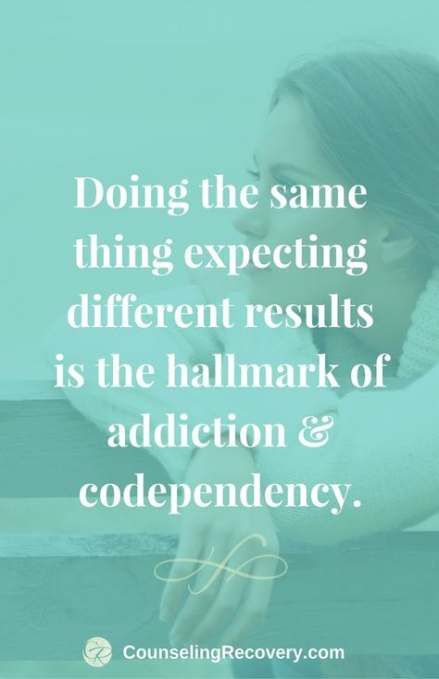 While 2021 research shows that the end of a relationship can induce withdrawal-like symptoms, they might also be explained as grief.
While 2021 research shows that the end of a relationship can induce withdrawal-like symptoms, they might also be explained as grief.
Like many other issues, codependency can become progressively worse without treatment and can last for a long time.
There are three stages of codependency. Understanding the stages may help you identify your own codependent traits so you can seek help if you need it.
Early stage
The first stage is the toughest to spot. It can still look like a typical romantic relationship with increased attention and desire to please your partner. However, certain behaviors may creep into the relationship, like:
- obsessively thinking about a partner
- rationalizing problematic behaviors
- having unhealthy boundaries
By this stage, both partners or the codependent partner may be spending less time with their friends or participating in activities they used to enjoy while single.
Middle stage
The signs of codependency become more obvious during the middle stage. Self-esteem commonly drops, and one partner might begin compromising more of themselves to satisfy the other. Inside, they may also feel anger and resentment.
Self-esteem commonly drops, and one partner might begin compromising more of themselves to satisfy the other. Inside, they may also feel anger and resentment.
The codependent partner might enable their counterpart or try to control them with:
- manipulation
- nagging
- guilt
To hide problems in their relationship, people might withdraw further from family and friends.
At this stage, the codependent partner may look for other coping mechanisms to handle their decreasing mood and the strain of the relationship, such as:
- working
- shopping
- dieting
- excessively exercising
- substance use
Late stage
Once you reach the late stage, relationship stress has likely started to affect your physical body. You might begin to experience symptoms of stress-related disorders like:
- insomnia
- temporomandibular joint (TMJ) disorder or jaw pain
- headaches
- digestive problems
- eating disorders
- sciatica
The obsessive behavior that started in the early stage of the codependent relationship typically grows in intensity in the last stage, which may cause:
- plummeting self-esteem
- anger
- depression or despair
It may take a hurtful event to recognize a codependent relationship.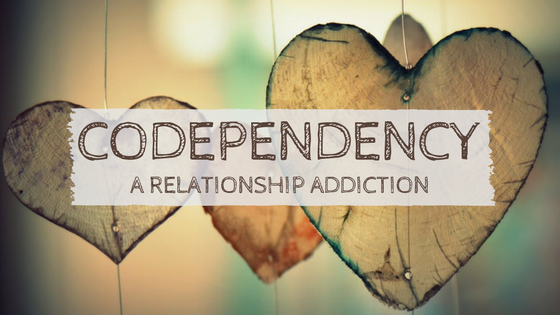 But when you do identify it, there are ways to reverse its effects.
But when you do identify it, there are ways to reverse its effects.
When there is an uneven balance of power, both parties of the partnership can seek help and recover together. Ending the codependent relationship isn‘t always the answer for getting over a tendency for codependency.
Working with an individualtherapist can be a great place to start identifying codependent patterns and causes. A therapist can also guide you through practices that can help rebuild:
- self-esteem
- identity
- self-love
- independence
Attending a couples therapist with your partner can be a safe space to learn how to set boundaries and use clear communication techniques.
A 12-step program, such as CoDA, can be a structured way to bring your focus from the other person to yourself in a group setting.
Outside of professional support, aiming to rediscover your individuality can be helpful. You can try spending time alone and pursuing individual interests and former hobbies.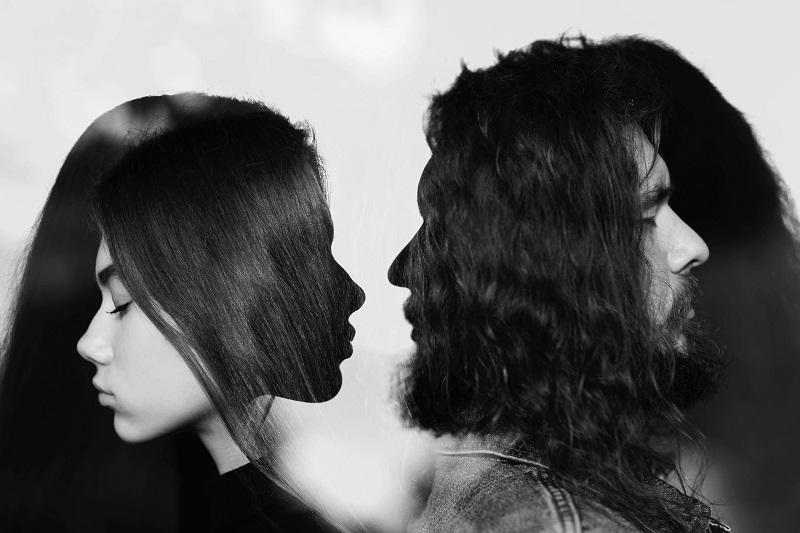 Reach out to friends and family to start rebuilding relationships separate from your partner.
Reach out to friends and family to start rebuilding relationships separate from your partner.
Breaking a pattern of codependency is possible. Finding support is often the first step to honoring your own needs.
In a relationship, it’s common to have a certain level of dependence on each other. However, codependency isn‘t balanced — and often isn‘t fulfilling for one or both partners.
It is possible to overcome codependent behaviors and build up your self-worth and independence.
You can start by seeking help from a therapist who can give you the tools you need to thrive independently again — even if you stay in your current relationship.
Psychotherapist Jodi White has a podcast called “Journals of a Love Addict,“ which explores her own experiences of codependency. You can also check out Co-Dependents Anonymous if you want to learn more about codependency and codependent relationships.
Love codependency 2021
Love codependency
Everything is more or less clear with chemical addictions. Anyone who is addicted to alcohol is an addict. The one who "rescues" him is codependent. Addiction is primary, codependency is secondary. At the same time, it is important to understand that for both, the avoidance motivation prevails over the achievement motivation: the alcoholic drinks not to feel good, but because otherwise he is very bad - and the “savior” cannot part with him only because from such a prospect (which includes an unbearable feeling of guilt) it will be even worse for him than from living with an alcoholic.
Anyone who is addicted to alcohol is an addict. The one who "rescues" him is codependent. Addiction is primary, codependency is secondary. At the same time, it is important to understand that for both, the avoidance motivation prevails over the achievement motivation: the alcoholic drinks not to feel good, but because otherwise he is very bad - and the “savior” cannot part with him only because from such a prospect (which includes an unbearable feeling of guilt) it will be even worse for him than from living with an alcoholic.
But as soon as it comes to love addiction, many psychologists begin to get confused in terms. The concept of love addiction is viewed by them simply as a strong unrequited love that a person cannot get rid of, without taking into account the predominance of the avoidance motivation over the achievement motivation (“I feel bad with him, but without him it’s even worse”).
As for what love codependence is, this term is generally a complete disaster: something like the fact that both are symmetrically dependent on each other.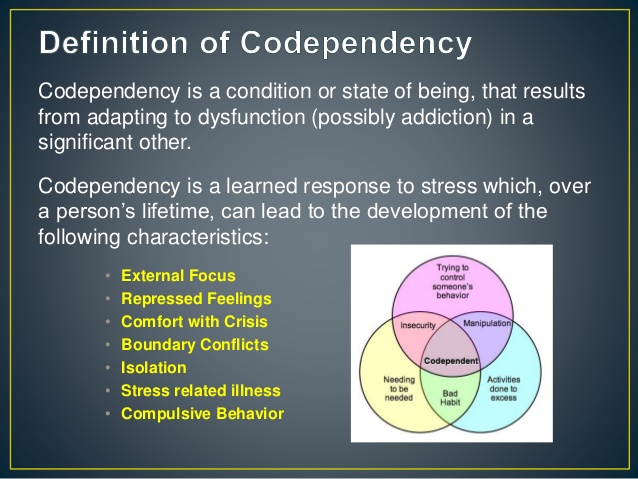
Let's look at love addiction by analogy with alcohol addiction. If a person stops drinking, then the codependence of another, all other things being equal, will also disappear (of course, he or she can “pick up” the next alcoholic, but this is a separate conversation). Similarly, in the case of love addiction: it will be primary, and co-dependency will be secondary.
It remains to figure out what the latter is based on. To do this, we need to answer the question, what keeps a person suffering from love codependency from parting with someone who is unrequitedly in love with him? The answer is exactly the same as in cases of alcohol addiction: the co-dependent is held back by that feeling of guilt, which will be stronger than his torment from continuing a relationship with an unloved person if he leaves him. At the same time, if he “falls out of love” (I put it in quotation marks to emphasize the difference between love and love addiction), then the love codependence of the second will disappear.
An alcoholic is directly dependent on alcohol, while a co-dependent is indirectly dependent on alcohol. The one suffering from a love addiction is directly dependent on the “object of his sighs”, and the co-dependent is indirectly through the first.
Love codependenceIf a girl is in love with a man who does not reciprocate her love, then she may have a friend who is very worried because she cannot alleviate her suffering in any way, and feels guilty about this. But if this friend stops trying to help her, then her guilt will only increase, and she herself will begin to suffer even more. Thus, she also becomes dependent on this man, but not directly, but through the woman who is unrequitedly in love with him, i.e. co-dependent (by the way, a fairly typical situation for a psychotherapist who identified too strongly with the suffering of his client).
But it also happens that not someone else becomes codependent, but directly the person who is the direct object of dependence. Seeing how another suffers, he, through a growing sense of guilt, becomes dependent on the suffering of the one who is unrequitedly in love with him.
Seeing how another suffers, he, through a growing sense of guilt, becomes dependent on the suffering of the one who is unrequitedly in love with him.
To summarize:
1. Love addiction should be understood not as a metaphor, but as a strict psychological mechanism inherent in any addiction. It is characterized by the fact that it is bad with another person, but without him it is even worse.
2. Love codependency is secondary to love addiction. Its basis is the predominance of negative feelings in the event of separation (the feeling of guilt will be stronger) over negative feelings in the case of continuing a relationship with an unloved person (they are easier to bear).
P.S.
Let me remind you of the structure of concepts related to the topic, which I derived for myself:
Love is when you are happy with another.
Love addiction is when you are unhappy without another.
A habit is when you don't notice something else.
Merging is when you take another for yourself.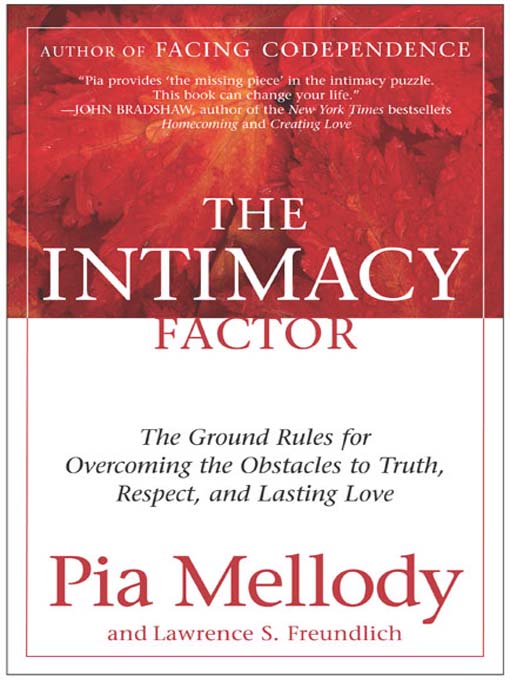
Lack of independence is when you cannot cope without another in your actions.
Infantilism is when you cannot cope without the other in your decisions.
Love addiction: WHIP instead of gingerbread
Free consultation of a psychologist
Terms of paid consultation
Love addiction and codependence. Common features, general release strategy.
Even without knowing the content of the psychological terms “love addiction” and “co-dependence”, one can guess that we are talking about something similar. There is only one root - “dependence”, the prefix “co-” means jointness, connection with someone else, that is, in some way this dependence is connected with people. It's like that. In both cases, the morbidity of the state is determined by the fact that a person does not live his own life, does not appreciate, does not love it. Happiness is presented to him only in this way, if someone wonderful is always nearby, or if this someone corrects himself, learns to follow reasonable advice, which “also were not given so easily.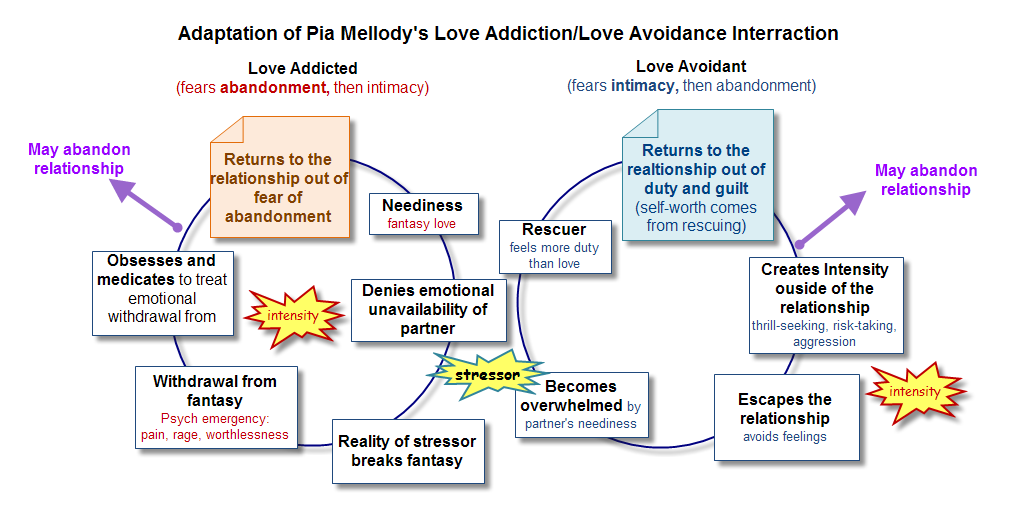 ” Preoccupation with the life of another person, obsession with ideas of how this other person should behave, constant intrusion into his personal space, control - these are the characteristic features of a codependent. A loved one, on whom “the white light has converged like a wedge,” is not necessarily an alcoholic or a mentally unhealthy person. He can be quite successful in society, developed and mature, but, from the point of view of a “caring” co-dependent, he does everything wrong: he wears the wrong slippers, takes his children to the wrong mugs, treats a cold incorrectly. The dream of any co-dependent person is to transplant their head onto the shoulders of a loved one - a partner, an adult child, a parent. It seems to him that exactly then everyone will become happy, because he "knows how to do it." But how can happiness come if this “transplanted” head does not have the slightest idea of how to fill your own life with joy and meaning?!
” Preoccupation with the life of another person, obsession with ideas of how this other person should behave, constant intrusion into his personal space, control - these are the characteristic features of a codependent. A loved one, on whom “the white light has converged like a wedge,” is not necessarily an alcoholic or a mentally unhealthy person. He can be quite successful in society, developed and mature, but, from the point of view of a “caring” co-dependent, he does everything wrong: he wears the wrong slippers, takes his children to the wrong mugs, treats a cold incorrectly. The dream of any co-dependent person is to transplant their head onto the shoulders of a loved one - a partner, an adult child, a parent. It seems to him that exactly then everyone will become happy, because he "knows how to do it." But how can happiness come if this “transplanted” head does not have the slightest idea of how to fill your own life with joy and meaning?!
In order to get rid of addiction, any addiction, it is important first of all to admit that there is a problem, to say to yourself: yes, I have a craving for unhealthy behavior, I don’t like it, but I can’t pull myself together on my own, I can’t cope. With love addiction and codependence, it is especially difficult to face the truth - after all, both of these ailments in society are often recognized as valor.
With love addiction and codependence, it is especially difficult to face the truth - after all, both of these ailments in society are often recognized as valor.
The girl listens to the promises of her chosen one for years, sits at home alone all weekend (suddenly he suddenly calls, and she is having fun somewhere), after months of insomnia and tears, she ended up in a neurosis clinic, and they say to her: “How can you love! You are capable of such deep feelings!”
A mother regularly checks her thirty-year-old daughter's phone for extraneous calls, demands that she return home before 10 pm and go to bed no later than 11 pm, harshly criticizes the girl's lifestyle and threatens to throw away her tablet, if she continues to listen to her music for hours. She really wants grandchildren and all the time reminds her daughter that biological age is running out, but at the same time, every young man who dares to claim the role of son-in-law is certainly ridiculed and rejected.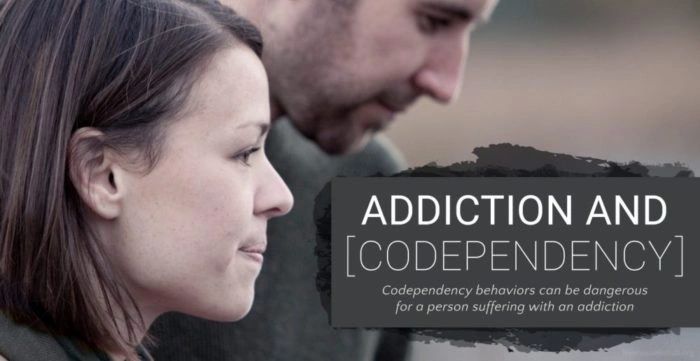 When a daughter makes attempts to get out from under domestic oppression, she is immediately loaded with guilt - ungrateful, you do not love your mother, you betray. Mom periodically complains to her friends about how hard it is for her with her naughty child, and they sympathize and even admire: you are so attentive, caring, you put your whole soul into her! You need to erect a monument!
When a daughter makes attempts to get out from under domestic oppression, she is immediately loaded with guilt - ungrateful, you do not love your mother, you betray. Mom periodically complains to her friends about how hard it is for her with her naughty child, and they sympathize and even admire: you are so attentive, caring, you put your whole soul into her! You need to erect a monument!
As I wrote earlier, codependent behavior of at least one of the parents is a risk factor for the development of love addiction in adolescence and adulthood. When it is constantly broadcast: “You are not able to do anything yourself! You always have to be watched, otherwise you will break firewood! It's all nonsense that makes you uncomfortable. You are overreacting. Be silent and do as I said! ”, self-esteem falls, the child gets used to the fact that his feelings, inner world are not important, and someone else’s opinion even about him is more valuable and truer than his own. The difficulty is that if a woman finds the strength to cope with her love addiction and meets a partner with whom she can potentially build a harmonious personal life, she still has a long way to work on her own codependency - after all, these traits are very contagious and, as a rule, are inherited. Not genetically, of course, but through communication habits. It is very likely that she will impose on her man ideas that seem to be the only true ones about, for example, healthy eating, daily routine, communication with friends, relationships at work. Such pressure may not manifest itself immediately and in small ways, but the partner will have the feeling that they are making an idiot child out of you and trying to drive it into the framework. In this case, it's time to talk, share your vision of the situation, introduce new rules for living together. You can agree on some simple sign, word. When pressure begins, imposing one’s own, the partner says, for example, “stop”, and it becomes clear that it has just “carried in the wrong direction”, it’s time to take a deep breath and apologize. The main thing, again, is that a person who has a tendency to co-dependent behavior admits that he has this shortcoming, understands all its destructive power and is determined to work on himself. If unsolicited advice continues to pour in because “all normal people do this, and it’s my duty to help you,” the conflict will remain unresolved.
Not genetically, of course, but through communication habits. It is very likely that she will impose on her man ideas that seem to be the only true ones about, for example, healthy eating, daily routine, communication with friends, relationships at work. Such pressure may not manifest itself immediately and in small ways, but the partner will have the feeling that they are making an idiot child out of you and trying to drive it into the framework. In this case, it's time to talk, share your vision of the situation, introduce new rules for living together. You can agree on some simple sign, word. When pressure begins, imposing one’s own, the partner says, for example, “stop”, and it becomes clear that it has just “carried in the wrong direction”, it’s time to take a deep breath and apologize. The main thing, again, is that a person who has a tendency to co-dependent behavior admits that he has this shortcoming, understands all its destructive power and is determined to work on himself. If unsolicited advice continues to pour in because “all normal people do this, and it’s my duty to help you,” the conflict will remain unresolved.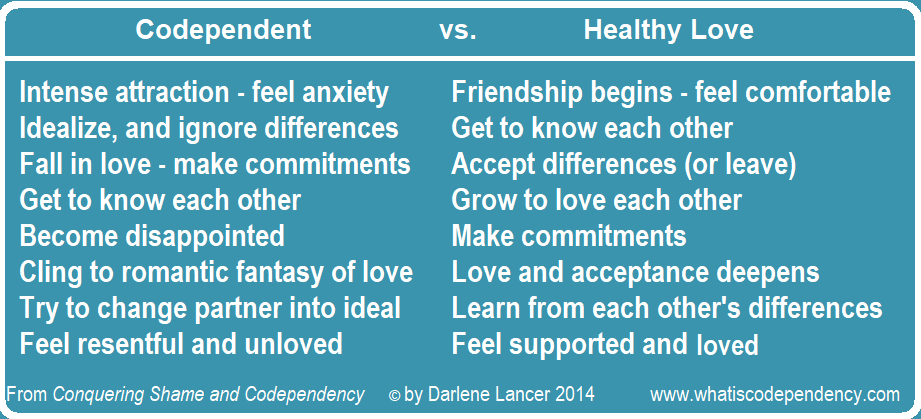
There is only one way out of love addiction and co-dependence - to learn to treat yourself with care, respect, unconditional acceptance, to take back responsibility for your life, to fill it with content, colors, ideas. Think about what gives you joy, what business could you do for a long time and with pleasure if you had a lot of time and energy? What was your dream as a child, as a teenager? How can it be realized, at least in part? Imagine that you are 85 years old. Look back at the entire journey. Did you like how you lived your life? What are you happy about, what are you proud of? What didn't matter? What else would you like to do and what would you definitely do if you were at least 65? Now go back to your real age and make a plan of action based on these answers.
Working alone with your codependency and love addiction is very, very difficult. You need a support group - friends, loved ones whom you trust, people with similar experiences and similar goals, and, of course, a professional psychologist.